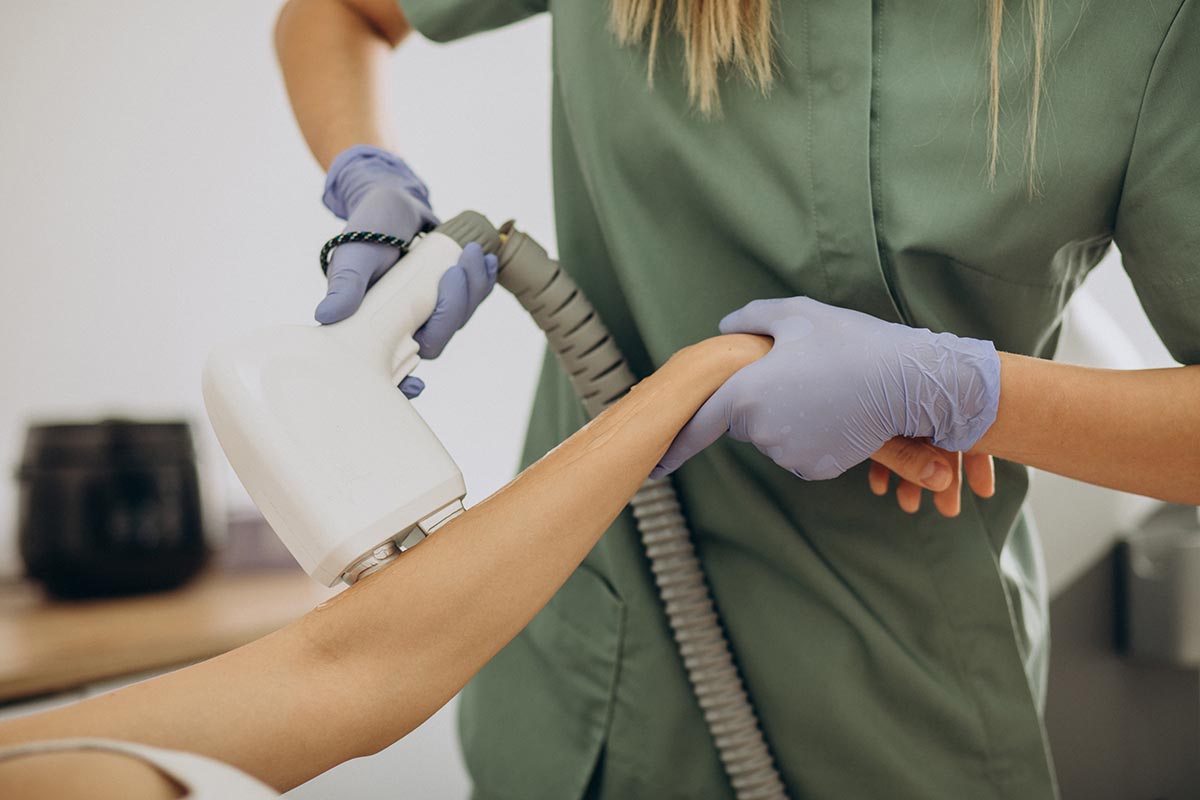8 Common Questions About Infertility and Its Treatments
When getting pregnant doesn’t happen as quickly as you expect, taking the next step to start a family can be confusing.
After all, what is the next “best” step?
Whether you end up starting an IVF cycle or searching for a diverse egg donor database, making a final decision about fertility is a heavy decision fraught with a broad range of what if’s and how come’s. It’s no surprise many people start wondering what they need to know to make the right choice about their conception journey.
If this sounds familiar, it’s crucial to understand the most significant thing to do is ask for whatever information is available. The most productive way to achieve this is by asking questions!
Before you head into your doctor’s office for an infertility work-up or testing, preparing a list of questions about general fertility and potential treatment options is a good idea.
If you’re confused about where to start, this guide will explain the most critical questions you should consider.
What is the First Step in Treating My Fertility Problems?
Often, doctors want patients to try to conceive naturally for at least a year (depending on age and relevant medical history) before seeking help getting pregnant. Once that year passes, or if you have significant concerns about your fertility, you’ll want to set up a fertility assessment appointment.
This initial appointment is the first step in overcoming your conception struggles. Be sure to ask your doctor what happens from there. You can typically expect your doctor to request bloodwork and transvaginal ultrasounds to provide an initial diagnosis. However, they may want to do more under certain circumstances.
What Treatment Options are Available?
When many people think about infertility treatments, their minds automatically go to IUIs and IVF. While these are standard solutions, there are other treatments you can do first before taking those steps.
Ask your doctor what they recommend you start with. They might prefer you try various fertility medications, such as Clomid, or have minor surgery as a first step.
If I Need Assisted Reproductive Technology (ART), Will I Require Additional Testing?
If surgery and medication don’t work or aren’t a viable option for your unique situation, your doctor might suggest some type of ART protocol, such as an IUI or donor egg IVF. Before those treatments can begin, they might ask for more testing.
These often include:
- Saline Infusion Ultrasound;
- Mock Embryo Transfer;
- Hysterosalpingography (HSG) Test.
What Are My Likely Success Rates?
Regarding IVF and other ART treatments, you’ll likely want to know what your chances of a positive outcome will be. While there are approximate averages, your doctor can offer more precise estimations based on your circumstances.
How Much Does Treatment Cost?
As if infertility struggles weren’t challenging enough, the fact that many insurance companies don’t cover necessary treatments makes things more difficult.
Before starting any fertility procedure, be sure to ask your doctor for specific cost outlines. You should also find out if your clinic offers financing or grant programs. If your clinic doesn’t have anything available, you can apply for grants and scholarships through other non-profit organizations.
Can I Become Infertile After Successfully Having Another Baby?
After successfully getting pregnant and having a baby, many individuals assume they don’t have any issues with infertility. Unfortunately, there’s still a possibility you could suffer from secondary infertility when you try to expand your family in the future.
If your attempts to expand your family are unsuccessful, it’s worth asking your doctor if secondary infertility could be a factor.
Are There Any Lifestyle Changes I Should Implement?
Given fertility treatment’s physical, emotional, and financial hardships, people often want to do anything they can to increase their chances of success. Making lifestyle changes like exercising more, limiting caffeine and alcohol, and managing stress levels might help improve the likelihood of a positive outcome.
If My Cycle Doesn’t Work, How Soon Can I Try Again?
By the time someone is reaching out to their doctor for fertility assistance, they likely will have already been trying to get pregnant for some time. Unsurprisingly, they’re often anxious to move as quickly as possible through the process.
If one treatment protocol doesn’t work, you’ll probably be wondering when you can start again. Typically, doctors suggest waiting a couple of months between cycles. Your doctor will have more insight into what’s best for your body.
Infertility and its treatments: No Fertility Question is a Bad Question
These eight questions are a great way to start the conversation about overcoming infertility but don’t be afraid to ask more. There’s no wrong question when it comes to figuring out your fertility situation.
The more information you have, the more you’ll be prepared for your treatment ahead. Ask a lot of questions and absorb as many of the answers as possible. Having the facts at your disposal will make overcoming your conception challenges easier in the long run.




















